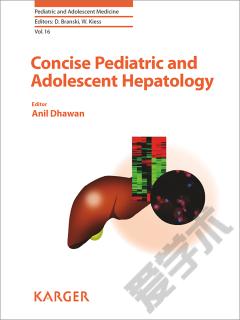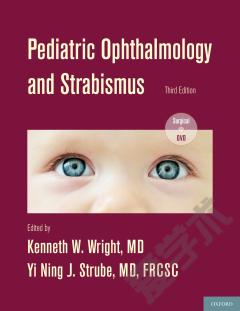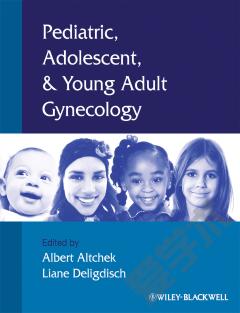Concise Pediatric and Adolescent Hepatology
Great progress in molecular biology, therapeutics, imaging as well as surgery have vastly improved the understanding and treatment of childhood liver disorders. In particular, surgical advancements in liver transplantation currently allow for a lower age or weight limit for recipients. Furthermore, the majority of children with liver disease or with liver transplantation today survive well into adulthood. In this book, world experts in the now established subspecialty of pediatric hepatology provide a comprehensive summary of the latest advances in pathophysiology, molecular diagnostics and treatment strategies. Day-to-day management of liver transplant recipients as well as psychosocial aspects and complications during the challenging transition phase to adulthood are discussed in detail. This up-to-date overview will be an invaluable tool for trainees in pediatric gastroenterology, a ready reference for busy clinicians and nurses or allied health professionals involved in the care of children with liver disease and after liver transplantation.
{{comment.content}}








 京公网安备 11010802027623号
京公网安备 11010802027623号